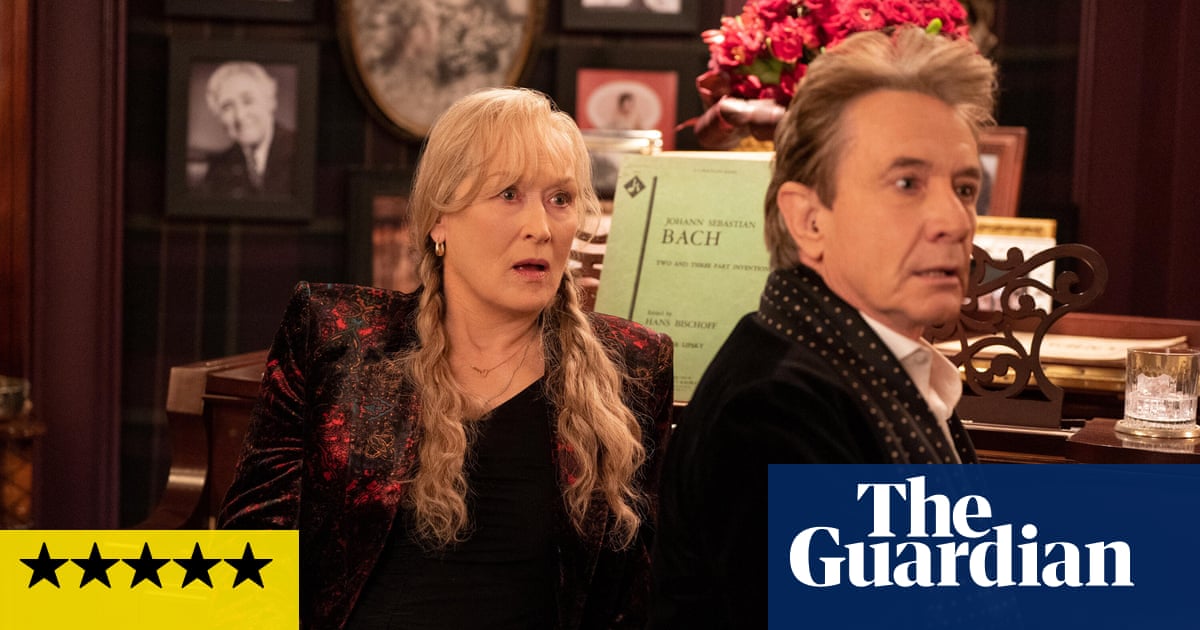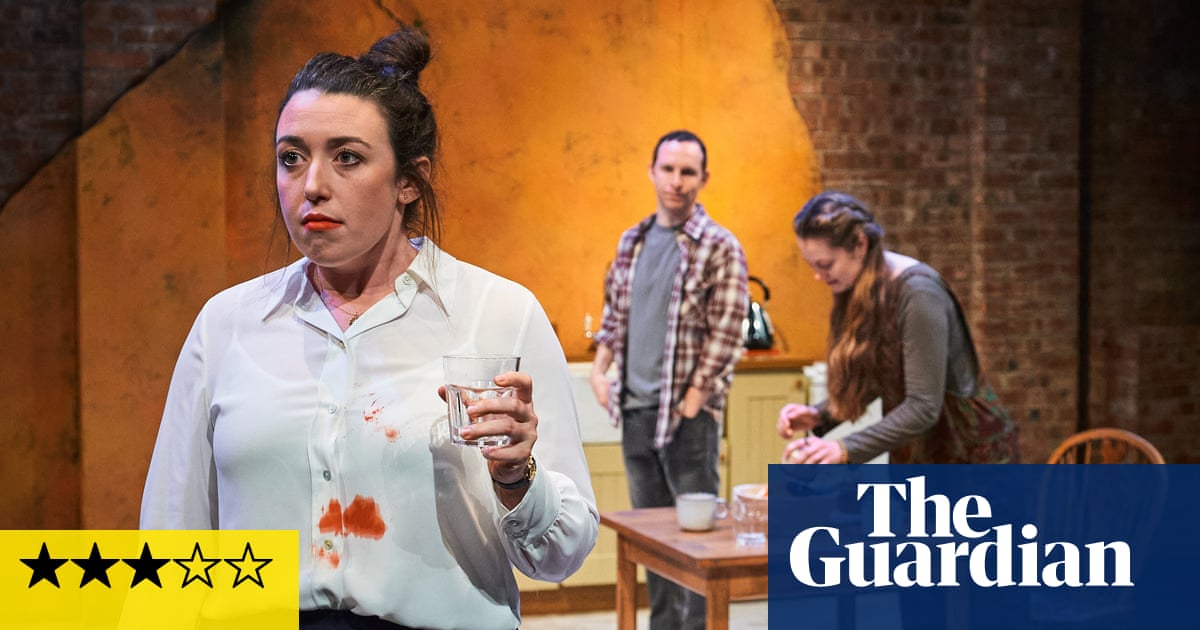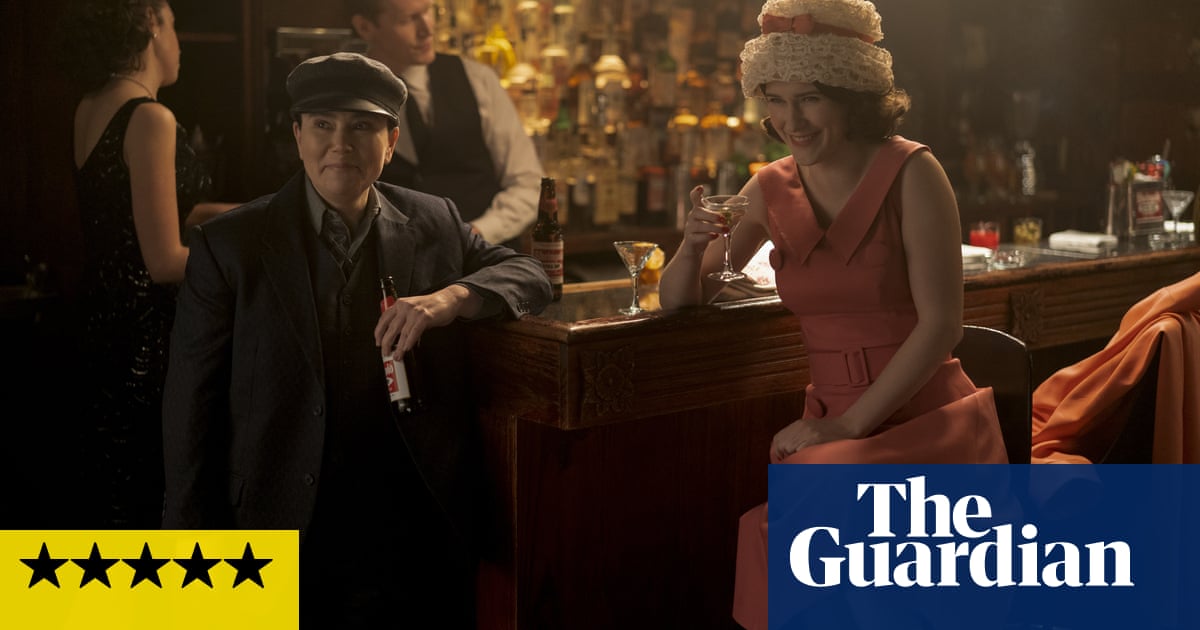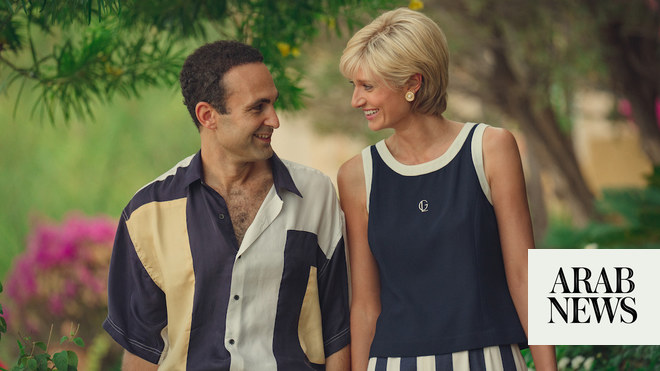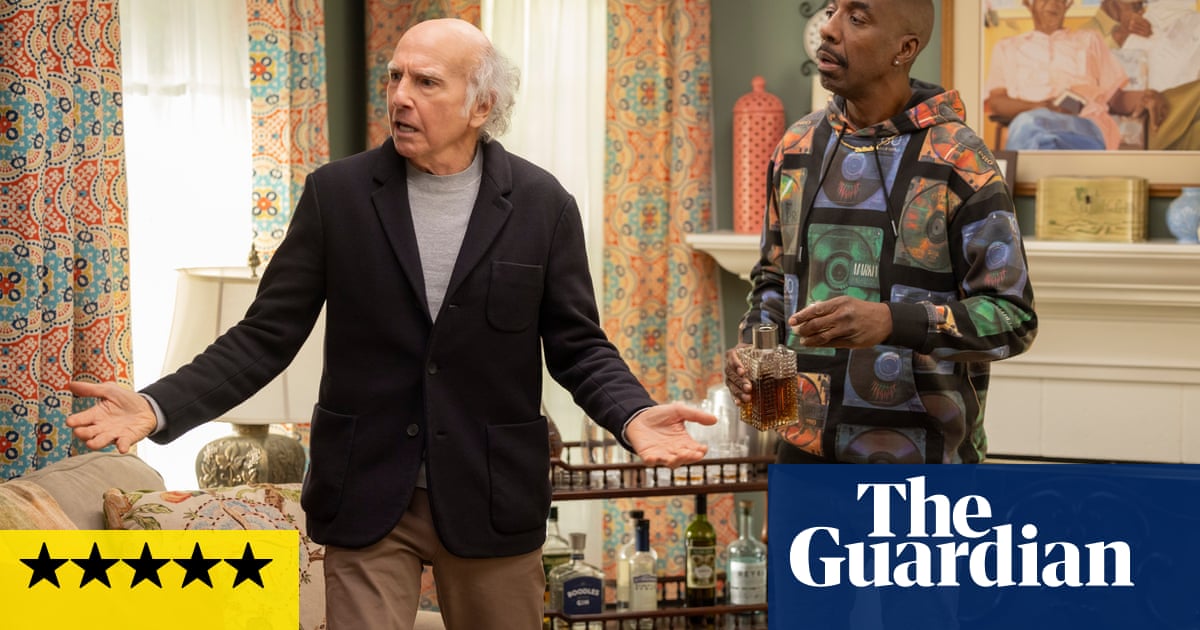
Body swap … Tessa Thompson as the character formerly known as Charlotte Hale. Photograph: HBO
One of the best things about watching all those grey-tinted European crime dramas that flooded BBC Four for a while was the fact that, unless you were fluent in the language that the show was in, you had to give it your entire attention. You could not send a text, or scroll through social media, or nip out to put the kettle on, for fear of missing a crucial sentence from Sven about a 1970s family mystery and a strange genetic coincidence. I feel much the same about Westworld (Sky Atlantic), although even with my best efforts at concentration, its convoluted second season twisted and lurched to such an extent that eventually I had to settle in and accept that I was simply enjoying the spectacle.
After the bloodbath of the season two finale, the amusement park has been shut down – at least for now – and we are taken out of the simulation and into the real world, a bleak but glossy vision of the future that has used Blade Runner and that place where they had Tom’s stag do in Succession as its moodboard. One character, high on drugs, pulls the full student stoner and asks the others a question that looks set to linger through the season: what if this is the simulation, and the park was a simulation inside a simulation? Please direct your answers in the direction of that Big Lebowski poster over there, and pass me the biscuits.
Sign up to hear about our weekend newspapers
Read more
Season three seems to have taken into account that one solution to the problem of its overwhelming onslaught of plot may be to concentrate on fewer characters at once. This opening episode narrows in on Dolores, who has been transformed into a cross between the Terminator and Neo from the Matrix; Arnold, on the run and posing as a butcher – think about it, guys, and also, like, what if this show is a simulation inside a simulation inside a simulation? – and newcomer Aaron Paul, who plays Caleb, an ex-army vet struggling to make his way through life with what appears to be a social credit system (as explored in Black Mirror, and also China).
It looks amazing, with a pure cinematic blockbuster feel from start to finish. Evan Rachel Wood is excellent as this new ultra-Dolores, on an unbending mission to smash the system, and I can even forgive the usually unforgivable fact that her character wears extremely high heels for someone who has to do a lot of running, as being basically unkillable means she obviously has no need for Compeed blister plasters.
Breaking credit systems … newcomer Aaron Paul in Westworld.
Facebook Twitter Pinterest
Breaking credit systems … newcomer Aaron Paul in Westworld. Photograph: HBO
In the non-theme park world (or is it? Hmmm) of Los Angeles in the future, cars speak, motorbikes drive themselves and can be used as lethal weapons, and citizens such as Caleb are subject to the whims of an algorithm overlord, or an overlord algorithm, a seemingly altruistic plan laid out for everybody’s lives. That’s all well and good if you are living in a Robert Palmer music video, but for veterans struggling with PTSD and manual work that is mostly done by a robot, like Caleb, that means getting stuck on the lower rungs of society.
Advertisement
In one of a number of neat little innovations, Caleb earns a living outside of his day job by committing crimes, assigned to him via an Uber-style app, with the help of fellow newcomers Lena Waithe and Marshawn Lynch. Another sly nod to automation is a friendly job rejection, delivered not by a human, but by an automated voice, a frustration familiar to anyone who has had a phone call with a disembodied voice only capable of saying: “I’m sorry, I don’t understand.”
Taking the show out of the park and into the real world is being hailed as a bold move, but already, by the end of this opening episode, events are contriving to get us back there. Surprisingly, given that season one remains Westworld’s finest hour, I did not much miss the cowboys. I am very fond of its increasingly gung-ho sci-fi excesses, of its sheer commitment to ploughing on with what must be some of the most confusing storylines on television right now. Who is a host? Who is Charlotte Hale, right now? Who is real? Which world is real? And who thought Pulp’s Common People would make a fitting soundtrack to an attempted murder?
Still, part of me finds its unwavering pretentiousness just a little more ridiculous than I suspect it is intended to be. Caleb droning on about how the game is rigged is not nearly as much fun as Dolores going to town on a group of bodyguards trying to protect whoever the big tech overlords will turn out to be. But even at its most pompous and silly, Westworld remains a thrill a second, and ironically, given that it loves a Big Question, it’s best enjoyed when not thinking too deeply about the answer.




